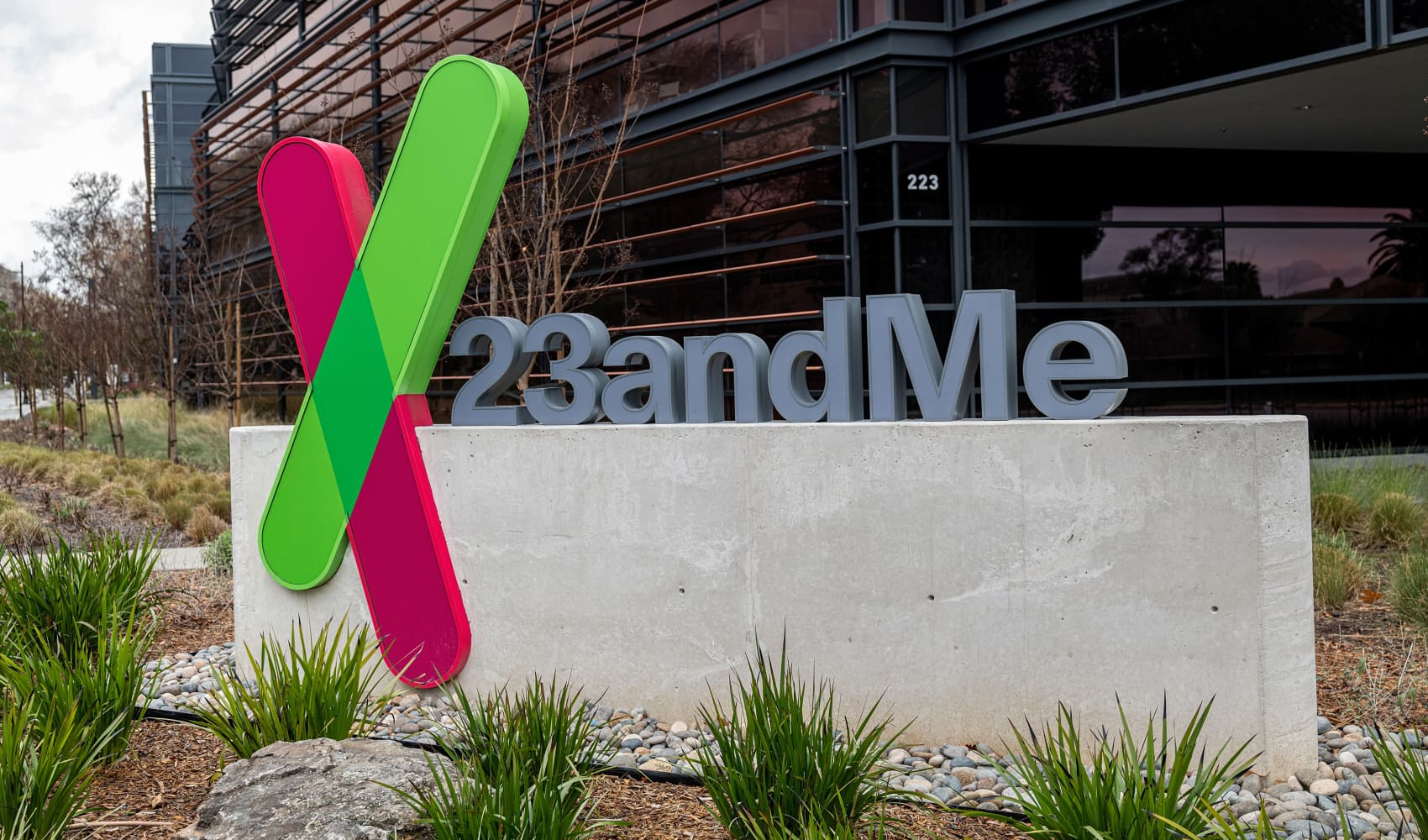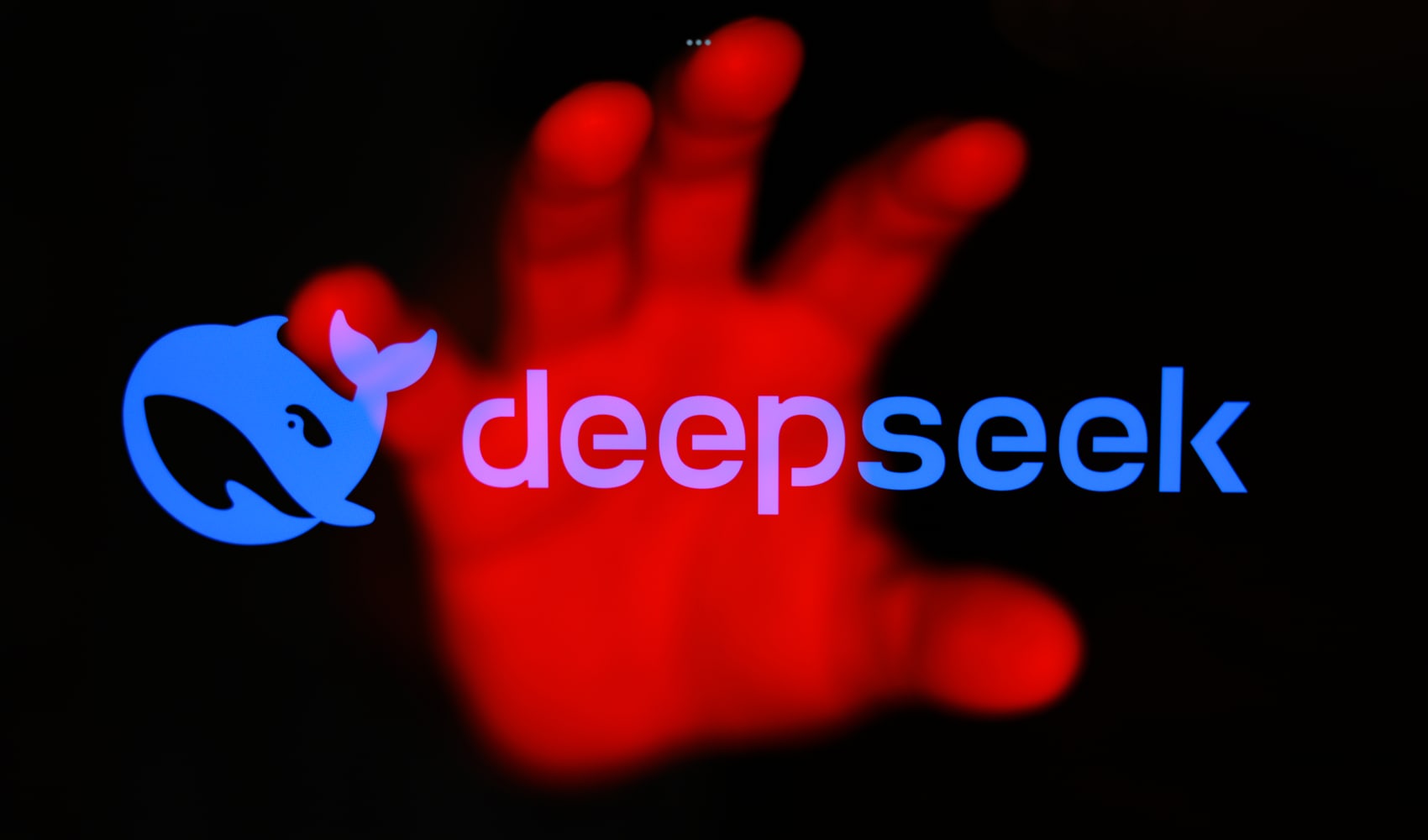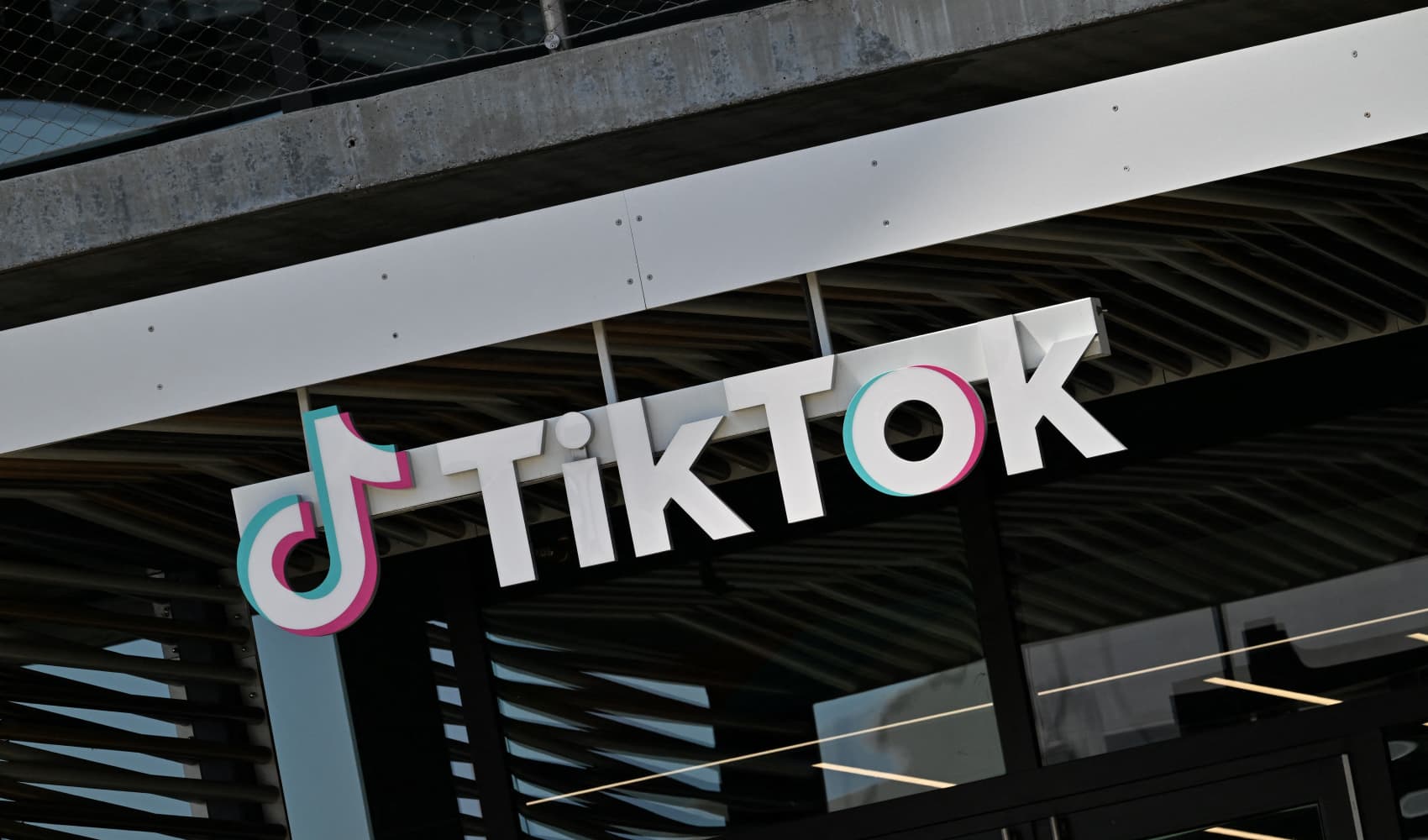23andMe Data Breach: Is Your DNA at Risk?
23andMe Data Breach: Bankruptcy, Investigation, and Your Genetic Privacy at Risk?
Introduction: The DNA Dilemma
Have you ever wondered about your ancestry, your genetic predispositions, or even just that quirky trait you inherited from your great-aunt Mildred? 23andMe made accessing that information incredibly easy, spitting into a tube and sending it off for analysis. But now, the company is facing a storm of trouble, leaving many users wondering: Is my genetic data safe? With a congressional investigation looming over 23andMe's bankruptcy filing, that's a question we need to explore.
The House Comes Calling: Concerns Over Data Security
The House Committee on Energy and Commerce isn't taking 23andMe's bankruptcy lightly. They've sent a rather pointed letter to the company, raising serious concerns about the security of your – and everyone else's – genetic data. What's got them so worried? Apparently, the Committee suspects that this data is "at risk of being compromised." That's not exactly comforting, is it?
Chapter 11 and a Fire Sale: What's Happening?
In March, 23andMe filed for Chapter 11 bankruptcy protection, which essentially means they're trying to reorganize their debts. The catch? Their assets, including that treasure trove of genetic data, are now potentially up for sale. Think of it like this: imagine your family photo album being auctioned off. It's personal, it's valuable, and you probably don't want strangers pawing through it. The same principle applies to your DNA information.
The Letter from Congress: Demanding Answers
Representatives Brett Guthrie, Gus Bilirakis, and Gary Palmer fired off a letter to 23andMe's interim CEO, Joe Selsavage, demanding answers by May 1st. They want to know exactly what 23andMe is doing to protect your data during this tumultuous time. These aren't just idle questions; they're about safeguarding sensitive information that could potentially be used against you or your family.
Data Deletion Difficulties: A User Nightmare?
Adding fuel to the fire are reports that some 23andMe users are struggling to delete their data from the company's site. Imagine trying to scrub your digital footprint only to find it's stuck in the mud. This raises significant red flags about 23andMe's data handling practices and whether they’re truly giving users control over their own information.
Why Your Genetic Data Matters: More Than Just Ancestry
Your genetic data is far more than just a record of your ancestors. It reveals a wealth of personal information, including your predispositions to certain diseases, your reactions to medications, and even traits you might not even be aware of. In the wrong hands, this information could be used for discrimination, targeted advertising, or even more nefarious purposes.
Potential Risks of Data Breaches: A Hypothetical Horror Show
Let's paint a picture. Imagine your health insurance company suddenly denying coverage because your genetic data shows a predisposition to a costly illness. Or a potential employer deciding not to hire you because of a genetic marker linked to a condition that *might* develop later in life. These are just some of the potential consequences of a data breach involving sensitive genetic information. The stakes are high, and the potential for harm is real.
23andMe's Response (or Lack Thereof): Silence is Golden?
As of now, 23andMe's response to the congressional inquiry remains to be seen. Will they provide satisfactory answers to the Committee's questions? Will they take concrete steps to reassure users about the security of their data? Or will they remain tight-lipped, leaving users in the dark?
What Can You Do? Taking Control of Your Genetic Destiny
So, what can you do if you're a 23andMe user feeling uneasy about all of this? Here are a few steps you can take:
- Review 23andMe's Privacy Policy: Understand what data they collect, how they use it, and who they share it with.
- Consider Deleting Your Data: If you're uncomfortable with the risks, you can request to have your data deleted. Be aware that, as mentioned earlier, some users have reported difficulties with this process.
- Monitor Your Credit Report: Data breaches can lead to identity theft, so keep a close eye on your credit report for any suspicious activity.
- Contact Your Representatives: Let your elected officials know that you're concerned about data privacy and security.
The Broader Implications: The Future of Genetic Privacy
The 23andMe situation raises broader questions about the future of genetic privacy. As genetic testing becomes more common, it's crucial that we have strong regulations in place to protect our sensitive information. We need to ensure that companies are held accountable for safeguarding our data and that individuals have control over how their genetic information is used.
Ethical Considerations: Balancing Innovation and Privacy
There’s a delicate balance between the innovation driven by companies like 23andMe and the need to protect individual privacy. We need to foster an environment where scientific advancements can thrive without sacrificing our fundamental rights. This requires careful consideration of ethical implications and robust legal frameworks.
The Role of Government Regulation: A Necessary Safeguard?
Is government regulation the answer? Many argue that it is. Without clear and enforceable regulations, companies may prioritize profit over privacy. Others believe that excessive regulation can stifle innovation and hinder scientific progress. Finding the right balance is key.
Alternative Genetic Testing Companies: Are There Safer Options?
If you're concerned about 23andMe, you might be wondering if there are safer alternatives for genetic testing. Do your research and look for companies that have a strong track record of data security and privacy. Pay close attention to their privacy policies and data sharing practices.
Understanding Data Encryption: A Key to Security
What is Data Encryption?
Data encryption is like putting your information in a digital safe. It's the process of converting data into an unreadable format, called ciphertext, using an algorithm. This means that even if someone gains unauthorized access to the data, they won't be able to understand it without the decryption key.
Why is Encryption Important?
Encryption is a crucial security measure for protecting sensitive data, especially in the digital age. It ensures that your information remains confidential and secure, even if it's intercepted or stolen. Think of it as a digital lock on your personal files.
How does 23andMe Use Encryption?
It's important to understand how 23andMe encrypts your data, both during transmission (when you send your sample and results) and at rest (when it's stored on their servers). This information should be clearly outlined in their privacy policy. Make sure to review it carefully.
The Impact on 23andMe Users: Stress and Uncertainty
For 23andMe users, this situation is undoubtedly causing stress and uncertainty. You entrusted the company with your most personal information, and now you're left wondering whether that trust was misplaced. It's understandable to feel anxious and concerned. Remember to stay informed and take the steps you feel are necessary to protect your privacy.
Conclusion: A Call for Transparency and Accountability
The 23andMe bankruptcy and congressional investigation serve as a wake-up call about the importance of data privacy, especially when it comes to sensitive genetic information. We need greater transparency from companies about their data handling practices and stronger accountability for protecting user data. Your DNA is a valuable asset, and you deserve to have control over how it's used.
Frequently Asked Questions
- What happens to my genetic data if 23andMe is sold?
The fate of your data depends on the terms of the sale. The acquiring company would likely inherit 23andMe's data, but they would also be bound by existing privacy policies and legal obligations. However, it's crucial to monitor any changes to the privacy policy following a sale.
- Can my genetic data be used against me by insurance companies or employers?
In the US, the Genetic Information Nondiscrimination Act (GINA) prohibits health insurance companies and employers from discriminating against individuals based on their genetic information. However, GINA has limitations, and it doesn't cover life insurance, disability insurance, or long-term care insurance.
- How can I delete my 23andMe data?
You can request to have your data deleted through your 23andMe account settings. However, be aware that some users have reported difficulties with this process. If you encounter problems, contact 23andMe's customer support for assistance.
- Is my genetic data really anonymous?
While 23andMe claims to anonymize data used for research, there's always a risk that it could be re-identified. Genetic data is inherently personal and unique, and advances in technology are making it easier to link anonymized data back to individuals.
- What legal recourse do I have if my 23andMe data is compromised in a data breach?
Your legal options will depend on the specific circumstances of the data breach and the laws in your jurisdiction. You may be able to file a lawsuit against 23andMe for negligence or breach of contract. It's advisable to consult with an attorney to discuss your legal options.




